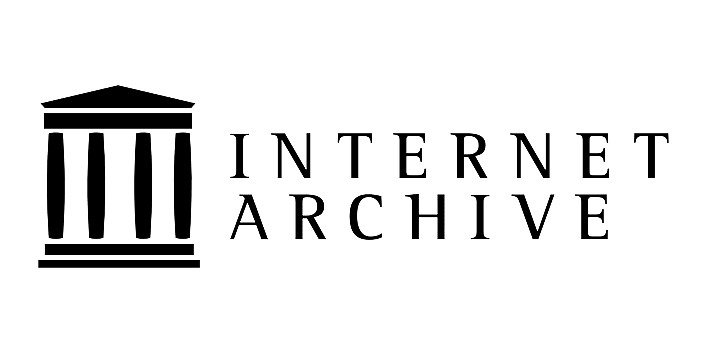
Publisher’s Weekly reports that the Internet Archive (IA) has presented a compelling argument in its appeal against the US District Court’s decision, which sided with publishers. The court had previously concluded that IA’s practice of “controlled digital lending” (CDL) constituted “wholesale copying and unauthorized lending.” The IA’s appeal hinges on the claim that the initial ruling by Judge John Koeltl was a misinterpretation of the fair use doctrine, a doctrine deeply ingrained in the Second Circuit’s legal precedents, including numerous cases previously settled by the Second Circuit of Appeals. Furthermore, the IA contends that their CDL model does not negatively impact publishers.
Central to the IA’s defense is the belief that their lending service offers significant public advantages. They argue that the IA’s digital library enhances the accuracy, reliability, and verifiability of countless Wikipedia entries and other online resources by facilitating efficient citation checking and research. Additionally, they highlight the role of CDL in assisting schools to circumvent book bans, allowing patrons to access books while preserving their privacy—a principle that librarians, supported by law in some states, staunchly upholds.
The IA seeks a complete reversal of the lower court’s ruling or, at the very least, a reduction in its breadth. The district court had mandated a cessation of all digital lending activities by the IA. However, in their appeal, the IA proposes a compromise, suggesting they should be permitted to lend digital copies of books they physically own.
Moreover, the IA has announced a press conference scheduled for this afternoon. They plan to unveil a “significant new development,” although this news was not included in the current legal filing.